Wednesday, March 26, 2008
love
Mr. Foolish

Sunday, March 16, 2008
Bibliography Progress Post
Dirty Billy
"By my troth, i would not underake her in this company." 1.3 line 55
"It's dry, sir." 1.3 line 69
"And I hope to see a housewife take thee between he rlegs and spin it off." 1.3 Lines 96-98
"And I think I have the back-trick simply as strong as any man in Illyria." 1.3-115
"And all is semblative a woman's part." 1.4 - 34
"Many a good hanging prevents a bad marriage." 1.5-18
"Send for money knight. If though hast her not i'th' end, call me cut." 2.3 - 175
"These be her very c's, her u's, and her t's, and thus makes she her great P's." 2.5 -83-85
Above are a strain of quotes taken from the first and second acts of Twelfth Night. As you can see William Shakespeare appears to have quite a knack for sarcastic sexual innuendos. Mr. Shakespeare is usually referred to as one of the best poets and playwrites, ever. It also gives one something to think about when discussing the role of stage plays in Renaissance England. They were thought unnecessary and some critics even said that they were subhuman activities. To a certain extent one would have to agree that the above languanged used by Shakespeare a.k.a Dirty Billy is quite repulsive. Surely a civilized human being would not want to delve out their hard earned money to listen to such defilements of the spoken language.
It's nice to see that Shakespeare's work carries on today not only in adaptations (Twelfth Night is She's the Man starring Amanda Bynes,) but also in the aspect that people only became more perverted not only in writing but in living. Perhaps if this perversion had been dealt with when Billy did it we wouldn't have the likes of Howard Stern and others disgracing the language of civilized beings.
Ebert, Roeper and Henry VIII

Monday, March 3, 2008
T. Hurt
Force and deceit are all that you know.
I struggle to find defilement’s cure.
Refusing to allow this pain to grow.
Until then I stand here, intentions pure.
Although the dearest dove may want a snake--
“Be gone!” I keen. “Banishèd you shall be!”
Linger no more, fore you are a mistake!
Love’s disease duns that I never be free.
Moribund without you and your kind eyes --
But, of course, these are hidden from the world.
Only noticing your ignoble lies,
Treachery, and the men you have hurled.
My deepest wish is for you to become
A virtuous man so we may be one.
The Faerie Queen of the Rings

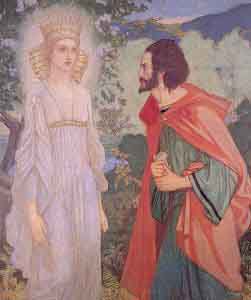


2). What kind of enemies did they face?
Was there an evil sorcerer? Faeries: Archimago Lords: Sauramon
Did they face error? Faeries: Error itself Lords: Error in Frodo putting on the ring at the Hotel . . . uh oh!
Did they face some sins? Faeries: All 7 of them Lords: Envy- those who wanted the ring; Lust - Aragon and Eowyn;
Greed - Gollum; Wrath- Mines of Moria; Gluttony - Minas Tithes;
Pride - Frodo refusing to have help; Sloth - Sauramon
Did they face Despair? Faeries: By the same name Lords: Frodo, Gollum, Faramir . . . always so sad - - Arwen.
Was there perhaps something two faced? Faeries: Duessa Lords: Gollum/Smeagle
A big meany at the end? Faeries: Dragon Lords: Sauron
3). What about the characters?
Let's do a bit of comparing shall we . .
Description: The Faerie Queen and The Lord of the Rings
Knight: Red Crosse Aragon
Lovely Lady: Una Arwen
Warrior Woman: Britomart Eowyn
Evil Sorcerer: Archimago Sauramon
Companion: Dwarf Gimli (who is also a dwarf)
Two-Faced: Duessa Gollum/ Smeagle
Nature Help: Lion / Talking Tree Horse/ Talking Tree
Good Wizard: Merlin Gandalf
Christ Figure: King Arthur Elron
4). What about everything else?
Ultimate Goal:
Faeries: save the castle from the fiery dragon
Lords: save the ring from the evil fiery eye
Language:
Faeries: purposely archain, but used influence from Greek and Roman poets
Lords: influenced by old English, Norse mythology, and christian ideals
Formation:
Faeries: written in a series of books with many cantos and in those many stanzas
Lords: three different volumes meant to represent three different eons, and in those volumes are a variety of books
Crying for the Dreamless
It's absolutely INSANE to live this way.
Every once in a while I just need to escape into a fantastic story. So I read. I remember reading Tolkien's The Hobbit -- long before Orlando Blooom blessed us with his presence. I remember being enchanted by Roald Dahl at the age of seven and wishing that I could be Matilda or have my best friend be The BFG. And yes, I will admit to remembering the very first day I opened the book that told me about a lost boy name Harry and his friends Ron and Hermione. Reading these stories I could allow myself to believe in something, even if only for the moment. There were these fantastical worlds where anything was possible -- and with no evidence to the contrary.
Unfortunately, I also remember the day I found out Charlie and the Chocolate Factory was a political satire and that Tolkien's Lord of the Rings were based off of Chaucer. And within the past few weeks I have read The Faerie Queen, and while reading it I fell in love with the story. A story of beautiful princesses and chivalrous knights fighting the dragons and evil witches. But because I have a logically-indused brain stem I know that is not the intent of the story, so I struggle to continue to believe in such wonderous events. It's sad that people who claim to believe in a merciful, benevolent God kill people who do not believe as they do. It's crap.
Perhaps Harper Lee was write when she stated that the greatest way to harm a child is to take away their innocence. I refuse to let mine go. I'm holding onto it for dear life and although I'm a very intelligent girl if I want to forget about the reformation and crazy Queen Bess for an hour or two so I can simply enjoy a great story written by Eddie then I will --- because I think it far more important to believe in something than to be correct.
Ed the Mundane
What strikes me as even more interesting is that he constantly wrote to the Elizabethan court asking for a job . . . but he was always turned down . . . such a shame. Somebody please tell me what person is repeatedly denied a job and then turns around and praises those who refused them their dream? Eddie Does!!! Trust me, I really don't think anyone would write out an ungodly long poem for Simon Cowell. What would it even say?
Simon you are the music Rex
how dare I be obsessed-
with all of my lyrical dreams
I have listened to your facetious claims
and know that it is best
For me to lay my passion to rest
Praise Simon! The Faerie King!
The one who knows who can sing!
Um. . . probably not.
Really the only thing that separates Edmund from William Hung --yes, the She Bang guy-- is the fact that Edmund was at least intelligent. His poem admittedly contains great "dark conceit" as he called it, but let's get real. Although he talks about holiness and blah blah blah . . . pride is bad.
Pride was the only thing driving Mr. Spenser to create such a work.
Two of a kind. Edmund Spenser and William Hung.


Sunday, February 24, 2008
Curiosity Killed the Christian

I am the grand-daughter of a Methodist minister. This means I have grown up in the church. And by virtue this means I've attended Sunday School since I could roll-over, I've been in Christmas Pageants since I could be swaddled and I've been praying before every meal since I could say "Amen." A picture of my grandfather (the minister) and my grandmother can be seen above.
Before I continue allow me to say that this post will be somewhat different from anything I've written thus far. That is to say that it will not be pompous, arrogant, sarcastic, or laudatory. What I've learned is that expressing one's feelings about a very serious issue often helps, so here I go.
I've been conflicted for as long as I can remember about religion. As I previously stated I grew up in a church, but I always questioned literally EVERYTHING. In fact, I used to get 'dismissed' from Sunday School class, and one fateful summer I was expelled from Bible Camp. Growing up in Missouri is like growing up in an entirely different nation. We are influenced by both Northern and Southern traditions, but feel our own (Mark Twain, Langston Hughes, Harry S. Truman, Thomas Hart Benton, Walt Disney, etc.) are far superior to any Confederate or Yankee. This means that almost everyone is well versed in the Bible--because in case you didn't know Masuria (May-soo-ray or Missouri) is the land of Native American Gods. All of my friends experienced Confirmations and such, but when I was ten years old I made a decision that would forever cause me inner turmoil. I decided that I would never read the Bible. Why? I felt that a book written by a bunch of men at the Council of Nicaea --where they also ripped parts out-- would in no way answer the many questions that I had. Moreover, if my Grandfather could not answer certain questions, a book would not be of any further assistance. I continued being involved in Sunday School, Christmas Pageants, and prayer but then I graduated. I made the move to Yankee-land (NYC) and my eyes and mind were opened to an entirely new set of principals. I had read about homosexuals, but never seen any. (Yes, I know how awful that sounds.) I had read about Muslims, Jewish people, Asians, and many other ethnicities --but again I had never seen any other race other than white and black.
So what does all of this have to do with Kilgore's assignment on the Common Book of Prayer?
It adds to my uneasiness with religion. Reading this I knew word for world the prayers. I knew what the minister would say and then I knew how the congregation should respond. This bothers me because, again, a group of men sat around and devised this Book of Common Prayer it isn't the word of a divine God, but the writings of mortal men. I trust no one, especially a group of dead men who chose to write a book on religion, but then killed in the name of it.
In closing, I'll say that I love my family and my home. I dare say that my family is the most important thing in my life. I think a Christian should put God first, but I will put my family. There is no group of people that I have more faith in or respect for. This is why I am so conflicted. My family puts all of their faith into a Christian God, and it is the hardest thing in the world to know inside that you may not believe in what they do, and that if they knew how you felt they would forever look at you in a different manner--even if they do not intend to. I don't know if I'm more afraid to not believe, or more afraid to admit the truth to myself.
Here is a link to a Biblical Timeline . . . it's kind of interesting. Enjoy.
Monday, February 18, 2008
Words that Make the World go Round
- George H. W. Bush
"We did not--repeat, did not--trade weapons or anything else for hostages, nor will we"
- Ronald Reagan
"I did not have sexual relations with that woman."
- Bill Clinton
"I am not a crook."
- Richard Nixon
"I am . . . to live and die amongst you all."
- Queen Elizabeth I (from her Speech to the Troops at Tilbury)
. . . inspiring words, too bad she doesn't mention till the end that she's sending someone in her stead, and she'll be busy writing to her 'Pug' Wat, while he's out sleeping with her lady in waiting Bess. Watch the famous speeches below . . .
Annry
Get A Life.
Wednesday, February 6, 2008
Womanocity

1). his book was a fictional account
2).although women weren't seen as dominating they still were respected
3). there were women renaissance artists
4). some women did have a dominant role
5). a renaissance is a rebirth of antiquity
6). humanism was part of the renaissance.
Delving into these facts further it was stated in an earlier class discussion that I felt Castiglione created this 'perfect courtier' solely because he knew a mortal man with these qualities could never exist, along with the fact that the book is pure fiction it goes against common sense to base real life off of an idealized story. Hitting the second point about women being respected even though they weren't seen as dominating factors . . . a woman being repsected at this point in time was a huge step in the right direction. My third point in combating Ms. Gadol's opinion about women in the renaissance is simply that there were women in the renaissance. For instance Artemisia Gentileschi who painted Judith Slaying Holofernes. (The picture is posted above.) On to the next point . . . women such as Elizabeth I, Mary I, Margaret of Austria . . .etc. Further information about women ruling during the Renaissance can be found *Here*. The renaissance was also a rebirth of antiquity. This is seen through virtually every painting made during the time. However women, especially, were paid tribute to by having their bodies modeled after the body of the goddess Venus. Take Titian's Venus of Urbino (which is also the same U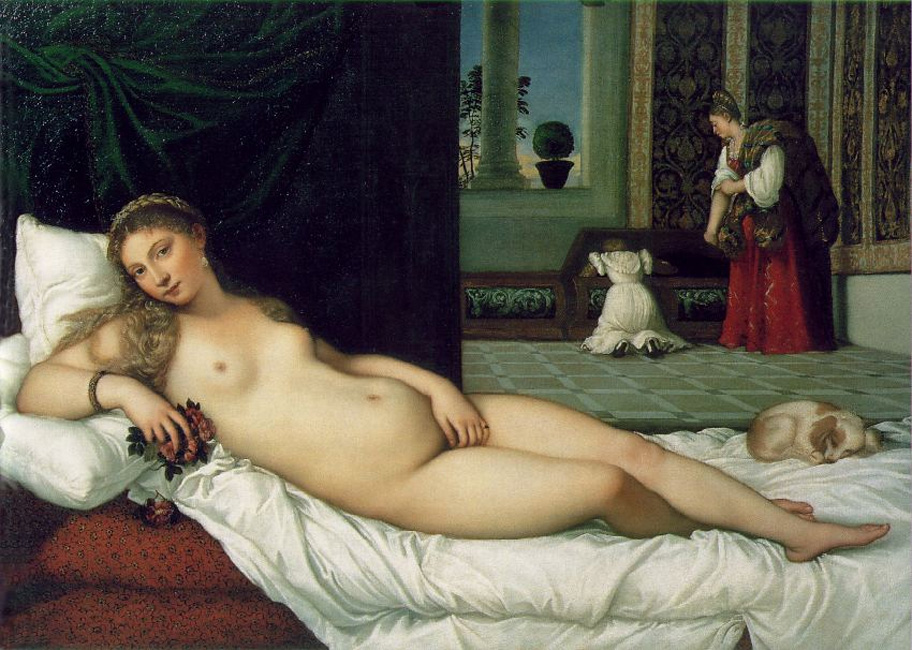 rbino the book takes place in . . .picture is to the side) here the woman is made to look like the goddess. My final point is that humanism was part of the renaissance and Gadol conceedes that nobelwomen were in fact taught dance, music, Greek, and Latin, so that they were cultured. Although this is not a very long strenuous argument like that in Castiglione's book . . . it is very true. Based upon the facts that Gadol based her judgement on a fictional book, women were respected, there were women Renaissance artists, some women were dominant, antiquity was rebirthed and then dedicated to women, and women were educated as part of the humanist experience I feel it is only reasonably concluded that women did in fact experience a Renaissance, it may not have been identical to that of a man but it was uniquely theirs.
rbino the book takes place in . . .picture is to the side) here the woman is made to look like the goddess. My final point is that humanism was part of the renaissance and Gadol conceedes that nobelwomen were in fact taught dance, music, Greek, and Latin, so that they were cultured. Although this is not a very long strenuous argument like that in Castiglione's book . . . it is very true. Based upon the facts that Gadol based her judgement on a fictional book, women were respected, there were women Renaissance artists, some women were dominant, antiquity was rebirthed and then dedicated to women, and women were educated as part of the humanist experience I feel it is only reasonably concluded that women did in fact experience a Renaissance, it may not have been identical to that of a man but it was uniquely theirs.
Monday, February 4, 2008
Keep Suffering
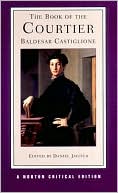
Sunday, January 27, 2008
Utopian Life in America
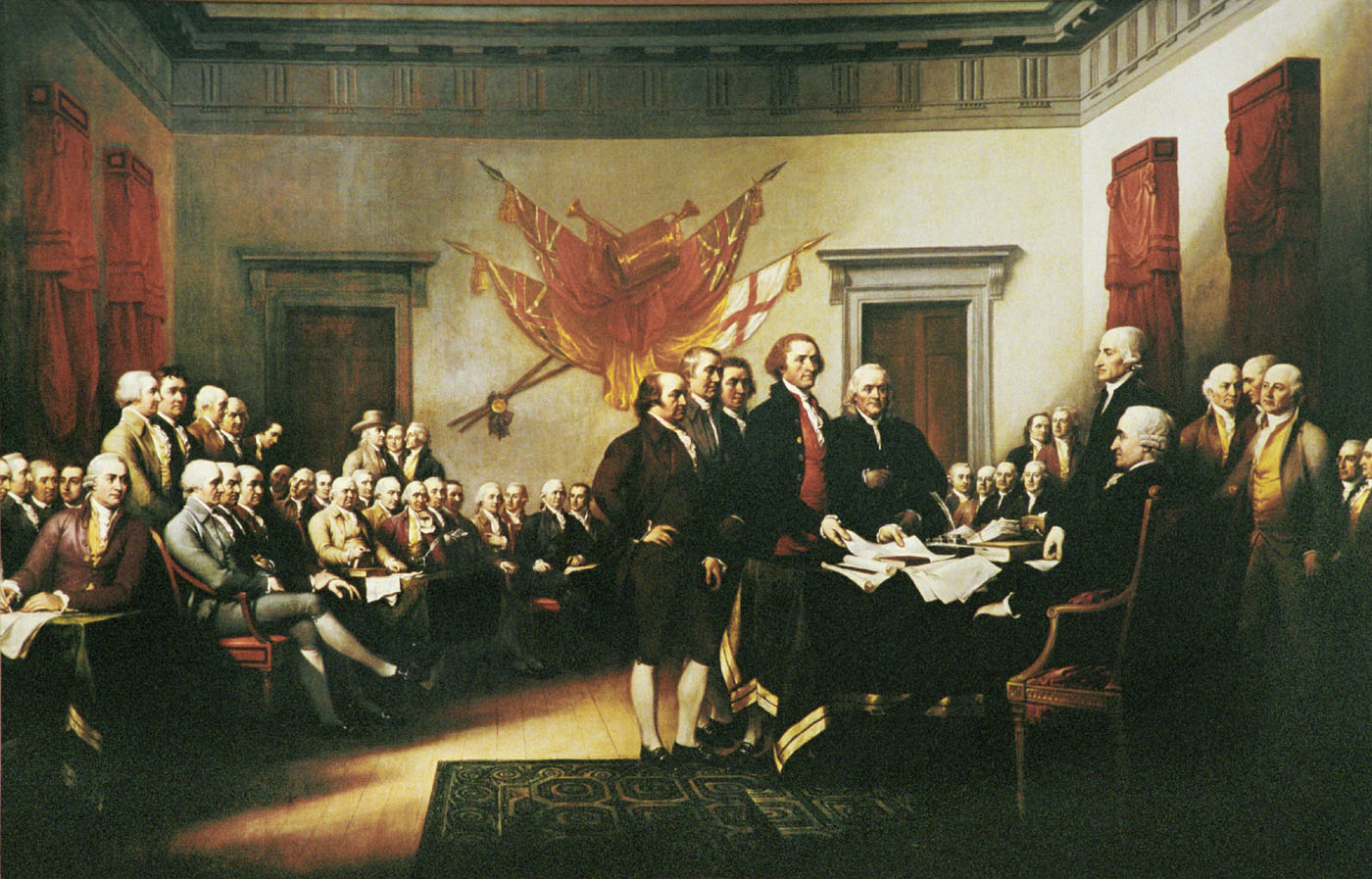
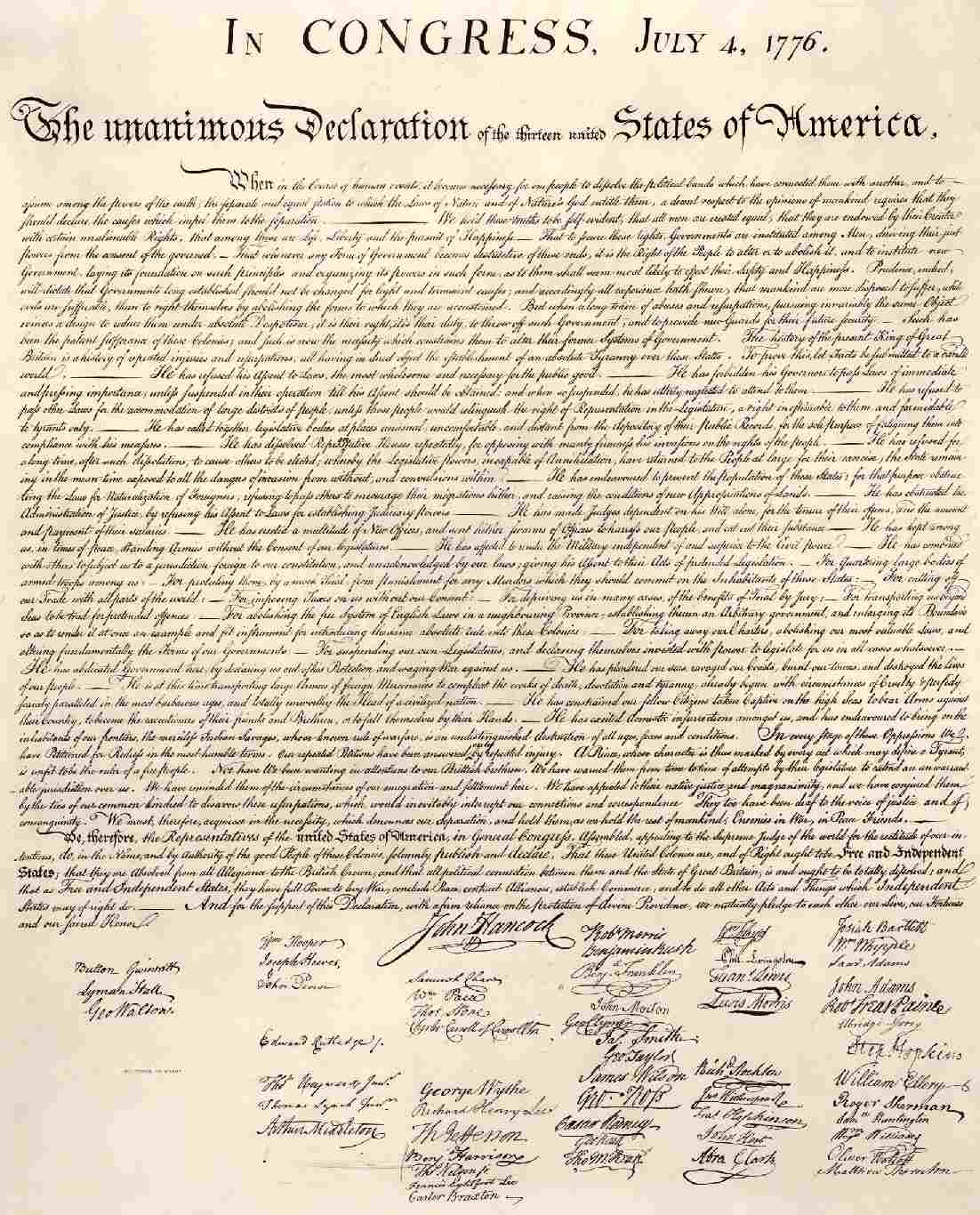
beLIEve

Saturday, January 26, 2008
Polka Dots and Gun Shots


Obituary for the Tudors

Perhaps a third certainty could be added, they all found King Henry VIII to be quite blood-lustly. Although, some people see him as a man who put many other men to death, personally I characterize him as nothing more than the expediator of life. The introduction found in Norton's Anthology is over-literary and under-informational. Because it is a literature book, I do understand it's predisposition to being 'Literary,' this section is also an Introduction to the time period, and should read as such. Moreover, the text containing the beliefs and reasoning behind the Tudor's actions should be taken as invalid, because only they (Both Henrys, Little Eddie, Bloody Mary, and Queen Bess) know why they acted in the manner in which they did.
It may be arrogance, pompousness, or the complete disregard for factual information but it irritates me that an educated person could deem to know that Queen Elizabeth, "Insisted on making many of the crucial decisions herself." (Page 493) Insisted, in itself has a negative connotation to it, am I wrong in assuming that Kings made decisions by themselves? So for Elizabeth to have 'insisted,' portrays her as being a whining woman, as opposed to a ruler who by occupational description must make tough decisions.
This brings me back to my comments on history being a eulogic textbook. Fore, when one dies it is fairly typical for people to recite how honest, philanthropical, fun, and loving they were, and how missed they will be. However, not everyone who dies is a good person. This means that eulogy-makers, obituary-writers, and tombstone-engravers blatantly lie. This also makes some historians liars as well. A prime example being that Mary is nicknamed 'Bloody Mary' for her persecution of Protestants, however Elizabeth killed more people than Mary did. Almost every Tudor leader was brutally insane. However, Norton seems to look upon them in a somewhat high revere. My history will be different in two ways from that of the royal deceased - short and true.
